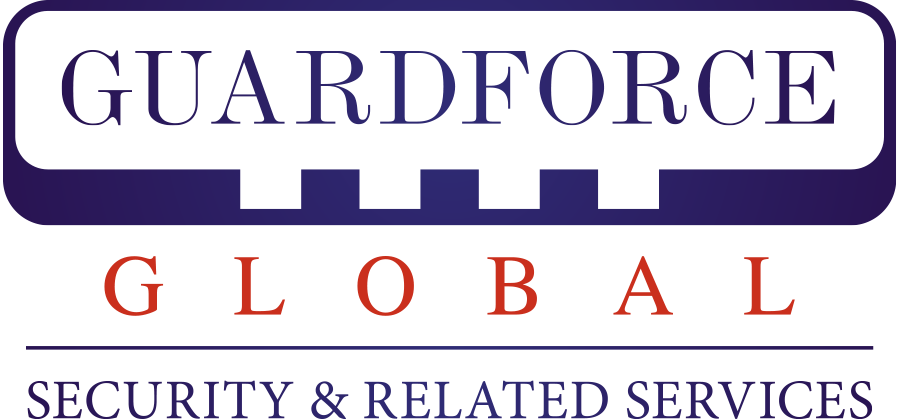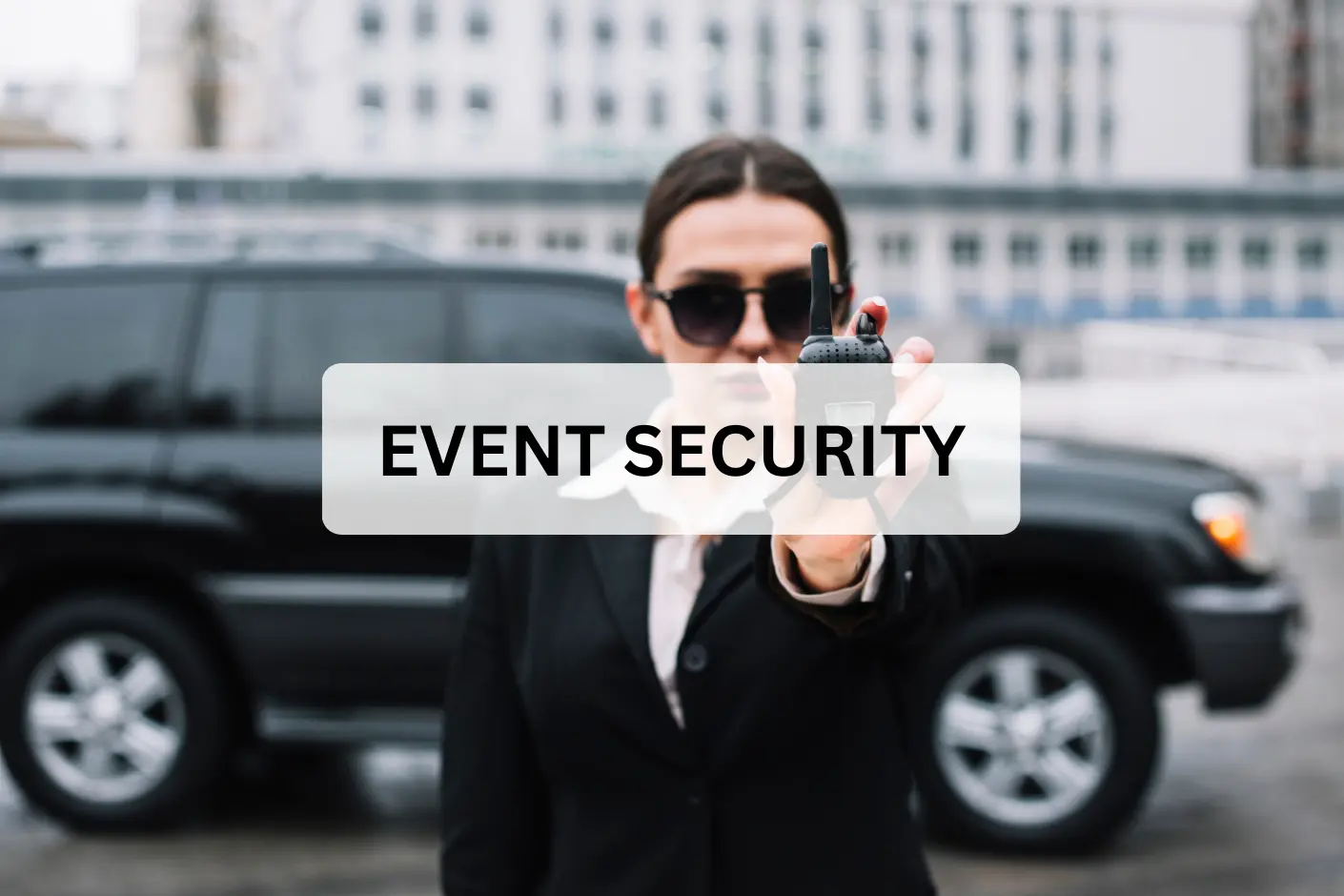Organizing a large-scale event can be an exciting venture, but ensuring the safety and security of attendees, staff, and property is a critical aspect that cannot be overlooked. Event security plays a pivotal role in the success of any large gathering, whether it’s a concert, corporate function, or sports event. This blog explores the responsibilities of event security, how to hire security for an event, and key considerations for event security planning. By the end, you’ll have a comprehensive understanding of what it takes to keep your event safe and secure.
The Importance of Event Security
Event security ensures that attendees can enjoy the event without fear of harm or disruption. From crowd management to emergency response, event security companies are tasked with creating a safe environment. Without proper security measures, even the most well-organized events can face issues like gate-crashing, theft, or worse, safety hazards. Guard Force Security is a trusted provider of event security services in the UK, offering comprehensive solutions tailored to your needs.
Key Roles and Responsibilities of Event Security
1. Access Control
Event security professionals are responsible for managing access points. This involves:
- Checking tickets or credentials at entry points.
- Preventing unauthorized access.
- Monitoring VIP or restricted areas.
2. Crowd Management
Handling large crowds is one of the most challenging aspects of event security. This includes:
- Directing crowd flow to prevent bottlenecks
- Identifying potential hazards in high-density areas.
- Diffusing situations before they escalate into conflicts.
3. Emergency Response
Event security teams are trained to handle emergencies, including medical issues, fires, and security breaches. Their responsibilities include:
- Evacuating attendees safely
- Coordinating with emergency services like police and medical teams.
- Implementing contingency plans swiftly.
4. Surveillance and Monitoring
Continuous monitoring through CCTV cameras and on-ground personnel helps:
- Identify suspicious activities.
- Act swiftly in case of potential threats.
- Ensure the overall safety of the venue.
5. Handling High-Risk Individuals
During events like concerts, where emotions can run high, security professionals manage:
- Over-enthusiastic fans or concert-goers.
- Individuals displaying aggressive or disruptive behavior.
- Preventing altercations from escalating.
How Do I Get Security for My Event?
Securing your event involves several steps. Here’s how to proceed:
1. Assess Your Needs
Evaluate the type of event and its scale. For instance:
- Concerts: Require extensive concert security for crowd control.
- Corporate Events: Focus on access control and VIP security.
2. Choose a Reliable Security Company
Look for reputable event security companies with proven experience. Check for:
- Licensing and certifications.
- Testimonials and reviews.
- Specialized expertise in events similar to yours.
Guard Force Security is an industry leader in the UK, providing top-notch event security solutions.
3. Collaborate on a Security Plan
Work closely with the hired company to develop a customized plan. Ensure they understand:
- The layout of your venue.
- The nature of your attendees.
- Any specific risks or concerns.
4. Hire the Right Team
Depending on your event, you might need:
- Uniformed security for visible deterrence.
- Plainclothes personnel for discreet monitoring.
- Specialized units for high-risk areas.
5. Use Technology
Leverage modern tools like metal detectors, surveillance systems, and mobile apps for real-time communication between security teams.
How Much Security is Needed for an Event?
Determining the appropriate level of security depends on several factors:
1. Event Size
- Smaller events might require a handful of guards.
- Large-scale events, such as concerts or festivals, may need a team of dozens or even hundreds.
2. Venue Layout
- A complex layout with multiple entry points will require more personnel for surveillance and access control.
3. Audience Type
- Events with high-profile attendees or significant public interest might demand a stronger security presence.
4. Risk Assessment
- Past incidents at similar events
- Current social or political climate.
- Specific vulnerabilities, such as open-air venues.
5. Industry Standards
As a general guideline, many event security companies recommend one guard per 100 attendees. However, this can vary depending on the event’s unique requirements.
Event Security Planning
Effective event security planning is the foundation for a successful event. Here’s a step-by-step approach:
1. Conduct a Risk Assessment
- Identify potential threats and vulnerabilities.
- Evaluate the likelihood and impact of these risks.
2. Develop a Comprehensive Security Plan
Include details about:
- Access control points.
- Emergency evacuation routes.
- Roles and responsibilities of security personnel.
3. Coordinate with Local Authorities
- Inform local police, fire departments, and medical teams about your event.
- Secure necessary permits and approvals.
4. Implement Pre-Event Security Measures
- Conduct background checks on event staff.
- Set up physical barriers and signage.
- Test all equipment, including surveillance systems and communication devices.
5. Monitor the Event in Real-Time
- Deploy security personnel at strategic locations.
- Use surveillance tools to keep an eye on high-risk areas.
- Maintain open lines of communication between team members.
6. Post-Event Analysis
- Review the event to identify any security gaps.
- Use these insights to improve future event planning.
Why Event Security is Non-Negotiable
Large-scale events come with significant responsibilities, and security is a cornerstone of their success. By partnering with professional event security companies, you can:
- Protect your attendees and staff.
- Safeguard your reputation as an organizer.
- Ensure a memorable and enjoyable experience for all
Whether you’re planning a concert, corporate gathering, or community festival, hiring event security is an investment in peace of mind. When you hire security for an event, you’re not just managing risks—you’re creating an environment where everyone can focus on enjoying the occasion without worry.
Conclusion
Event security is a critical component of organizing any large-scale gathering. From access control to crowd management, the roles and responsibilities of security personnel are vast and essential. When planning your next event, start by assessing your security needs, hire a reputable team, and invest in a comprehensive security plan. With the right measures in place, your event can proceed smoothly, ensuring safety and enjoyment for all involved.
FAQs
1. What is the role of event security companies?
Event security companies manage access control, crowd management, emergency response, and surveillance to ensure the safety and smooth functioning of events.
2. How do I determine the number of security personnel required for my event?
The number depends on factors such as event size, venue layout, audience type, and potential risks. Industry standards suggest one guard per 100 attendees, but this may vary.
3. Can I hire security for an event on short notice?
While it’s possible, hiring security on short notice might limit your options. It’s best to plan well in advance to secure a reliable team.
4. What technologies do event security teams use?
Event security teams often use tools like CCTV cameras, metal detectors, and mobile communication apps to enhance safety and coordination.
5. Why is risk assessment important in event security planning?
Risk assessment helps identify potential threats, enabling the development of a tailored security plan to mitigate those risks effectively.




